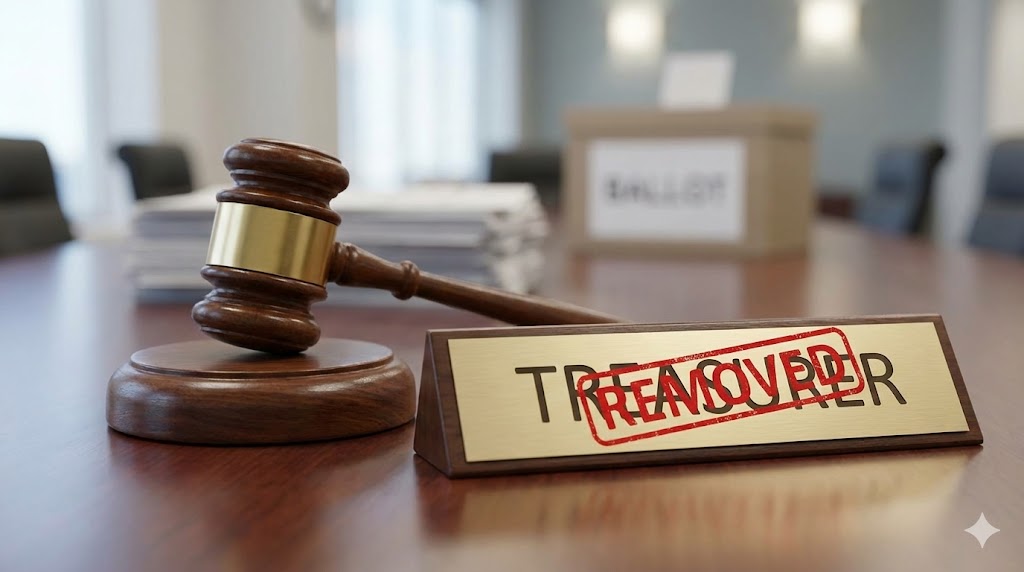In cooperative housing societies, active participation of members in general body meetings (GBMs) is crucial. It ensures transparency, collective decision-making, and reduces future disputes. However, some members do not attend meetings and later raise objections to decisions taken, despite not filing any objections when the minutes of the meeting were circulated.
Legal Position on Non-Attendance and Later Complaints
1. Importance of Attending Meetings
- Members are expected to attend GBMs to exercise their rights and voice objections.
- As per Model Bye-Laws, if a member does not attend the meeting and does not raise objections after the minutes are circulated, they are bound by the resolutions passed.
2. Effect of the Cooperative Commissioner Circular
- This circular clarified that members who skip meetings and fail to object in writing after minutes are circulated cannot later complain to the managing committee.
- Their complaints must be taken to the proper forum, such as the registrar of cooperative societies or the cooperative court, as per Bye-Law 174.
3. Managing Committee’s Role
- The managing committee is not required to respond to repeated complaints from such members.
- It can politely direct them to the competent forum if they wish to challenge the resolutions.
- Maintaining proper minutes, circulation records, and attendance registers is essential to protect the committee from false allegations.
Best Practices to Avoid Disputes
- Circulate minutes of all meetings within 15 days as required under the bye-laws.
- Keep acknowledgment records of minutes sent via email or WhatsApp groups.
- Encourage attendance through notices and reminders before GBMs.
- Record objections received (if any) to establish compliance with procedure.
Conclusion
A housing society cannot be held hostage to post-meeting complaints from members who choose to remain absent. Once due process is followed—meeting called, minutes circulated, and no objections received—the resolutions are valid and binding. Non-attending members must seek remedies only through the registrar or cooperative court as per the MCS Act and Bye-Law 174.






